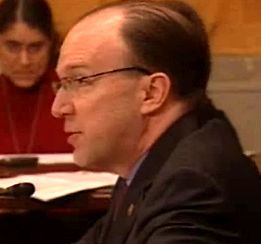Most analysts of the Bush administration's "surge" strategy in Iraq have focused on its military dimension, especially the prominent deployment of thousands of additional U.S. troops to Baghdad and other contested regions of the country. Another important element of the administration's strategy, however, is the renewed effort to advance Iraq's economic reconstruction with the provision of considerable new funding and other additional support. The first results of this economic surge are now in -- and they do not look encouraging. According to a July 30 report of the Office of the Special Inspector General for Iraq Reconstruction (SIGIR), headed by Stuart W. Bowen Jr., the current Iraqi national government headed by Prime Minister Nouri Maliki has failed to assume control of thousands of completed projects financed by the U.S. government since the invasion. The Iraqi Finance Ministry has proven especially incapable of managing the schools, hospitals, and power plants that the U.S. reconstruction authorities transferred earlier to Iraqi national control. This poor performance results from a combination of factors, ranging from a lack of security, to inadequate U.S. training and reconstruction planning, to poor Iraqi government administration, to a reluctance of Iraqi officials to accept the costs and other burdens of managing newly completed projects. The result has been that American reconstruction officials have either had to place ineffectual local Iraqi bodies in charge of the projects, despite their equally limited resources and skills, or continue to manage them directly, at the cost of billions of dollars in additional U.S. public funds.
The Other Surge: Iraq’s Failing Economic Reconstruction

